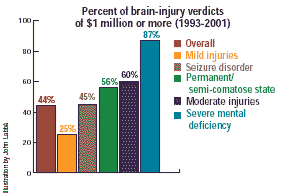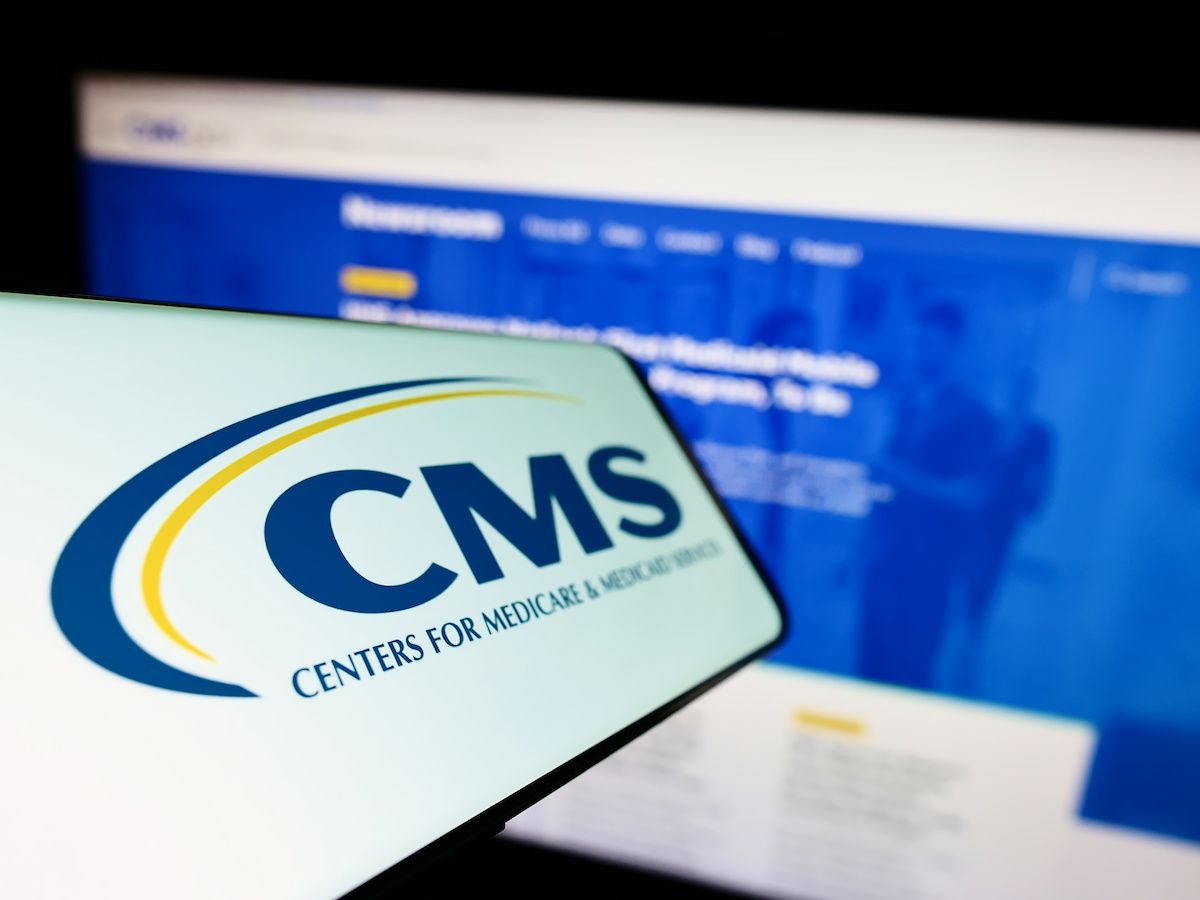Article
UPDATE: Focus on practice
Bigger verdicts; new FP name; Malpractice U.?
UPDATE
Focus on Practice
By Joan R. Rose
Verdicts in brain-injury cases are rising
Plaintiffs who won medical malpractice cases involving brain injury received awards of at least $1 million in 60 percent of cases involving moderate injuries and 87 percent of cases of severe mental deficiencies, according to the latest statistics from Jury Verdict Research, which studied law suits brought from 1993 to 2002. And the awards continue to climb; median awards for severe mental deficiency grew to $8.1 million in 2001, up from $7.5 million a year earlier.

Malpractice U.?
There's a link between a doctor's medical school and his liability claims experience, according to an article in Quality and Safety in Health Care. Examining nearly seven years of claims for physicians from Florida, Indiana, and Maryland, researchers matched them with the schools those doctors attended. All but 3.7 percent of the physicians who had been sued received their MDs from schools whose graduates had a higher-than-average number of suits filed against them. Most at risk, researchers note, were doctors who attended public institutions and recently established schools.
Although researchers weren't able to pinpoint the reasons for the apparent link, they hypothesize that some schools may offer a poorer quality of clinical education, or they may draw less-qualified students with characteristics that make them more apt to be sued.
The declining hospital round
New name, new respect for FPs?
Delegates at the annual meeting of the American Academy of Family Physicians voted to change the name of their specialty from "family practice" to "family medicine." Doctors who specialize in family medicine are physicians, not practitioners, they say. "While it may be semantics to some, perception is everything," says Minnesota delegate Patricia Lindholm. "The new name is intended to help FPs be recognized as the specialists they are."
Delegates also called for the AAFP to encourage the American Board of Family Practice to change its name to reflect the family medicine nomenclature.
Medicine's "monster" earnings
People seeking high earning careers should set their sights on medical school, suggests Monster.com. The job-search Web site's sole criterion in determining top jobs was the US Department of Labor's 2001 Occupational Employment Statistics survey, where medical specialties held seven of the top 10 spots. Lawyers took 12th place, while judges and other magistrates came in 20th.
Our Web poll

Joan Rose. UPDATE: Focus on practice.
Medical Economics
Dec. 19, 2003;80:11.





